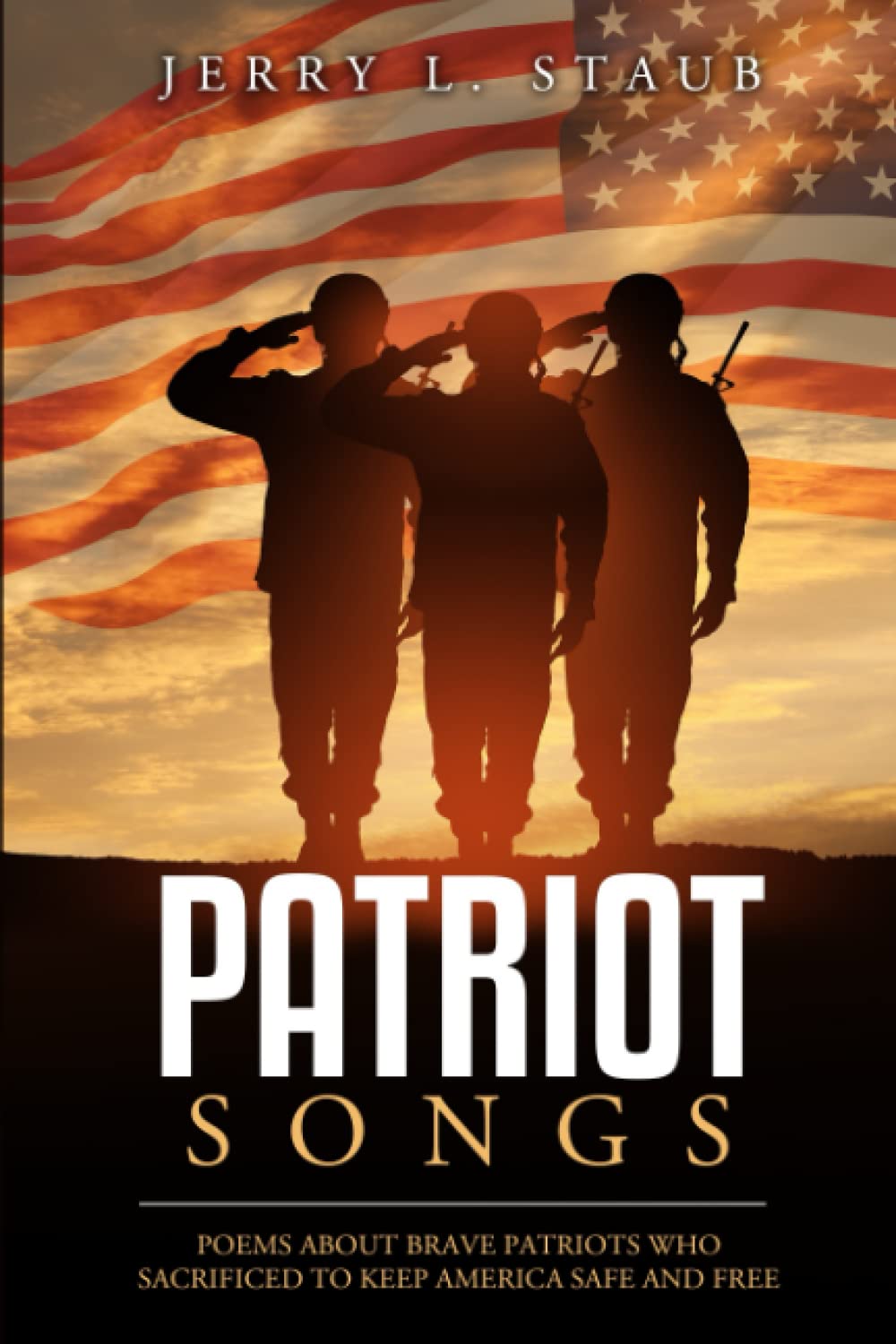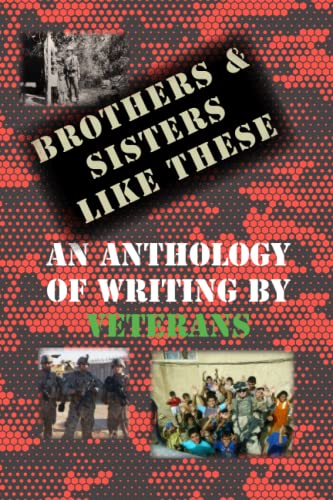The Stinger (Eclectic Blue Publishing, 151 pp. $15, paperback) is the latest collection of poetry from D.E. Ritterbusch. A U.S. Army Vietnam War veteran, Ritterbusch recently retired as a professor of English at the University of Wisconsin-Whitewater.
Let’s get this part over with: The Stinger is a masterwork. The poems relate the wide world of sports to the wider world of culture, family, politics, and war. A stinger is an especially hard-thrown baseball—and, indeed, baseball is the subject of most of the poems in this collection, some of which have appeared in Deadly Writer’s Patrol, Vietnam War Generation Journal, and War, Literature & the Arts.
“Poetry and sports are play but serious play, serious business as well,” Ritterbush notes in the book’s introductory wssay.
The first poem, “The Stinger,” sets a high mark of quality that’s found throughout the book. It’s a vivid, powerful description of the poet as a young boy and his relationship with his stepfather as played out during an evening game of catch. The second poem, “Running with a Coyote,” is just as powerful and describes what you would expect from its title.
Boxing takes center stage in “Soft Hands,” which includes another definition of “stinger.”
He remembers previous fights, how he fought
with a broken knuckle, how it almost
healed and then another fight broke it again …
his adversary knows he’s nursing his right,
relying on a flurry of sharp left jabs:
the subterfuge flowers like a welt, forces him
to throw a hard, countering right:
his opponent, anticipating, lowers his head
deliberately, directly into the punch
to break that hand again—
the sharp sting ran up his arm
and shorted in his brain, as if all the nerves were fused.
“Running at Midnight” finds Ritterbusch running on “the last cinder track in the city.” After his run, a stranger hungry for conversation, wants to visit.
I wish her well, and jog back
to whatever awaits, slowing perceptibly,
leaving her beneath the circling summer stars,
all of us learning to pace ourselves
as best we can, searching, calling,
running through our nights. Some of the answers
swirl like insects around a street lamp,
some of them flare to ash in the light.
In “44” we read how the longest period of time always seemed to be between Hank Aaron’s plate appearances in a game, and how Hank fired a kid’s imagination:
Always it hung across the plate,
belt high, as my wrists broke,
and the hard crack of the ball
resounding off that bat rose above the world,
beyond the deep left center of everything.
There are poems about life lessons that can be found while fishing with a child, sledding in the snow, and playing hoops with old men past their time. There’s a description of two women playing a game of topless darts, as well as poems about wrestling, hunting grasshoppers, and skinny-dipping.
In “Garage Day,” the young poet is throwing a ball off the side of a garage, in late afternoon:
until crickets sing in the shadows,
until the sky softens like his glove to evening.
I often read entire poems with my mouth agape in wonder. This is a great collection.
–Bill McCloud












